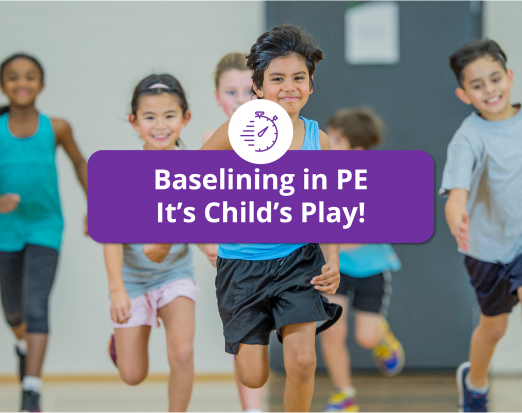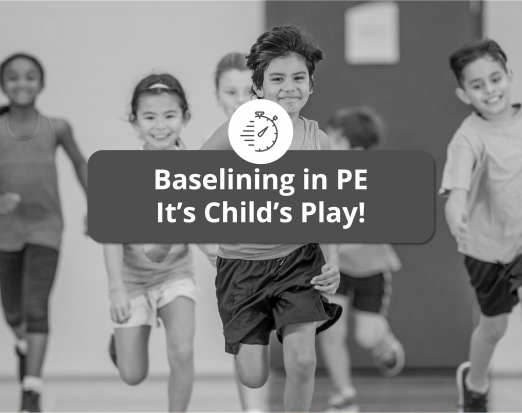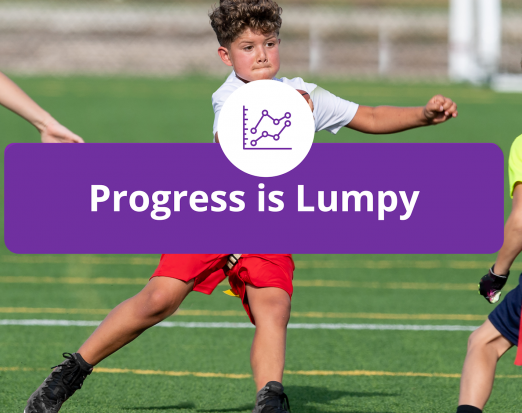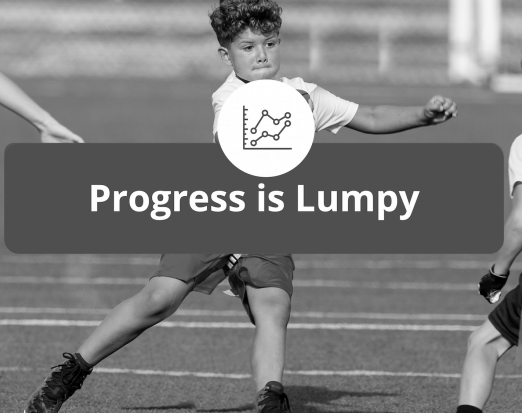The Perils of the Packed Lunch – Should Schools Monitor Pupil Lunches?
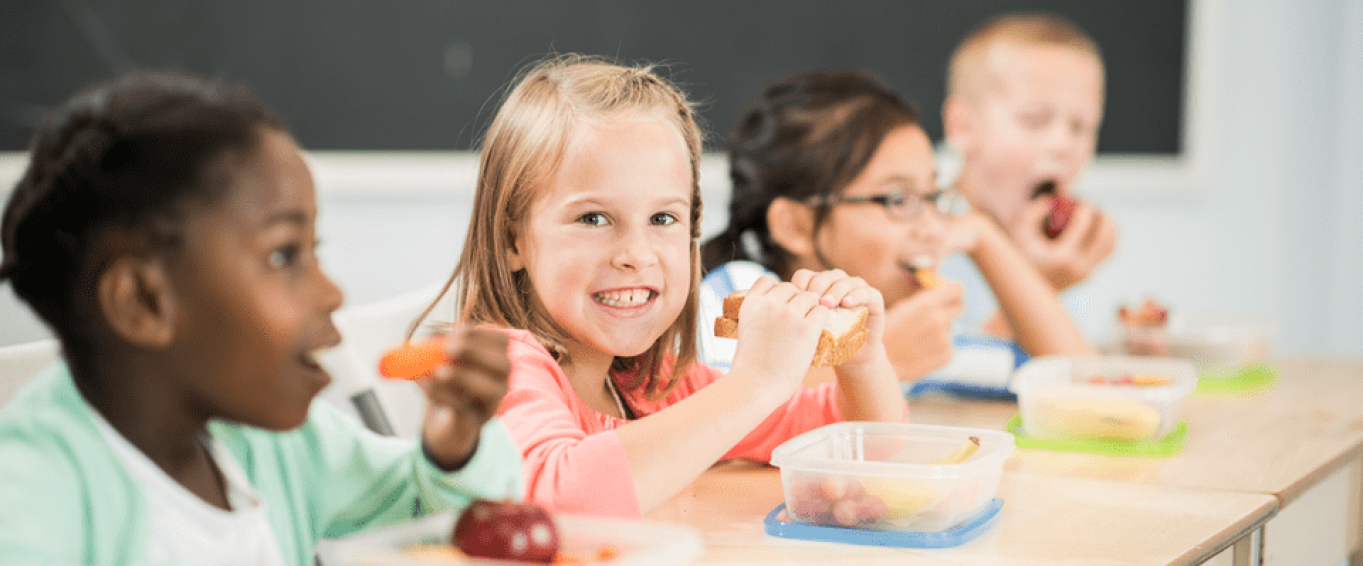
As another school year begins, so too does the battle for better lunchboxes. For a number of years, the government has encouraged teachers to monitor the contents of pupils' packed lunches and, in some rare cases, intervene to remove unhealthy items. This has outraged many families and triggered a slew of angry letters to the media.
Some say draconian lunch monitoring policies are damaging relationships between teachers and parents. Others worry their child will be singled out and made to feel naughty in front of classmates. The angry letters, the newspaper op-eds, the concerns expressed on social media: firstly, they're not representative of the problem. To read them, you'd think the issue was a much bigger problem than it really is.
No, teachers aren't bullying pupils because of their lunch choices. No, children aren't being singled out. The truth is, direct intervention in a child's packed lunchbox is highly unusual. There are lots of less intrusive actions which schools can and do prefer to take instead. Confiscating items from a lunchbox is rare. It does happen but only in cases where all other actions have failed and there's a serious concern for a pupil's health after many weeks or months of poor meals.
While parent's anxieties about packed lunch monitoring are valid, they're not reflected in the day to day actions of schools.
This is important because, in truth, the majority of parents do support or would support 'hands off' monitoring to maximise academic performance and protect health and wellbeing. There is no army of moralistic 'lunchbox police' nor a braying crowd of parents determined to feed their kids chicken nuggets every day of the week. We can blame the media for such inaccuracies.
The Role of Lunchbox Monitoring in Schools
Schools know the best way to influence pupils' health is via collaboration with parents. It's why, every year, they invest substantial resources in health and wellbeing programmes like Amaven's Healthy Schools Programme which provides healthy eating resources for use at home and in the classroom. It integrates nutrition based learning with core curriculums and other 'whole health' topics like physical activity, sports, emotional resilience, dental care, road safety and more.
When parents engage with programmes like this - and most do - improvements to pupil nutrition happen organically. Parents feel in control of lunchbox choices but also more open to advice. They might not know to check white bread and condiments for added sugars. They may not realise wholegrains provide twice as much energy as refined grains. Health and wellbeing are a chance for teachers, pupils and parents to learn together.
Nonetheless, packed lunch monitoring is vital. And here's why.
In response to the angry reactions of parents, some teachers have shared info about unhealthy meals confiscated from their pupils. They include a packet of chocolate biscuits, a days old Happy Meal, a can of Red Bull and a packet of tic tacs, several family sized bags of sweets and a can of alcoholic cider. These unacceptable choices are not representative of most lunchboxes. They're a minority but a minority which cannot be tolerated. Lunchbox monitoring, though unnecessary for most, ensures the most vulnerable pupils don't fall through the cracks.
The Importance of Nutrition for Vulnerable Children
As poverty and obesity rates rise, the number of vulnerable pupils increases. Ultimately, teachers have little control over what happens to their pupils outside school hours. Their job is to arm children with the tools and abilities they need to succeed and eventually escape or better their current circumstances. Food is a very powerful way to do this.
Children are remarkably resilient. They can weather domestic stresses with little hint of trouble but poor diet has a shocking effect on their ability to concentrate, communicate, recall information, regulate moods and engage with learning. Poor nutrition shuts children down. They begin to perform poorly at school, fall behind their peers and struggle to get the grades they need to progress and flourish.
Over a longer timescale, this leads to poor knowledge, poor qualifications and lower paying jobs. As adults, these children are likely to maintain the same unhealthy eating habits. They may even pass them on to their own children. It's a vicious cycle of disadvantage and it all starts with the choices made for that little plastic box.
Not every pupil needs a lunchbox monitor. But some do, which is why we support the efforts of schools to increase the nutritional quality of children's packed lunches. And you should too.
